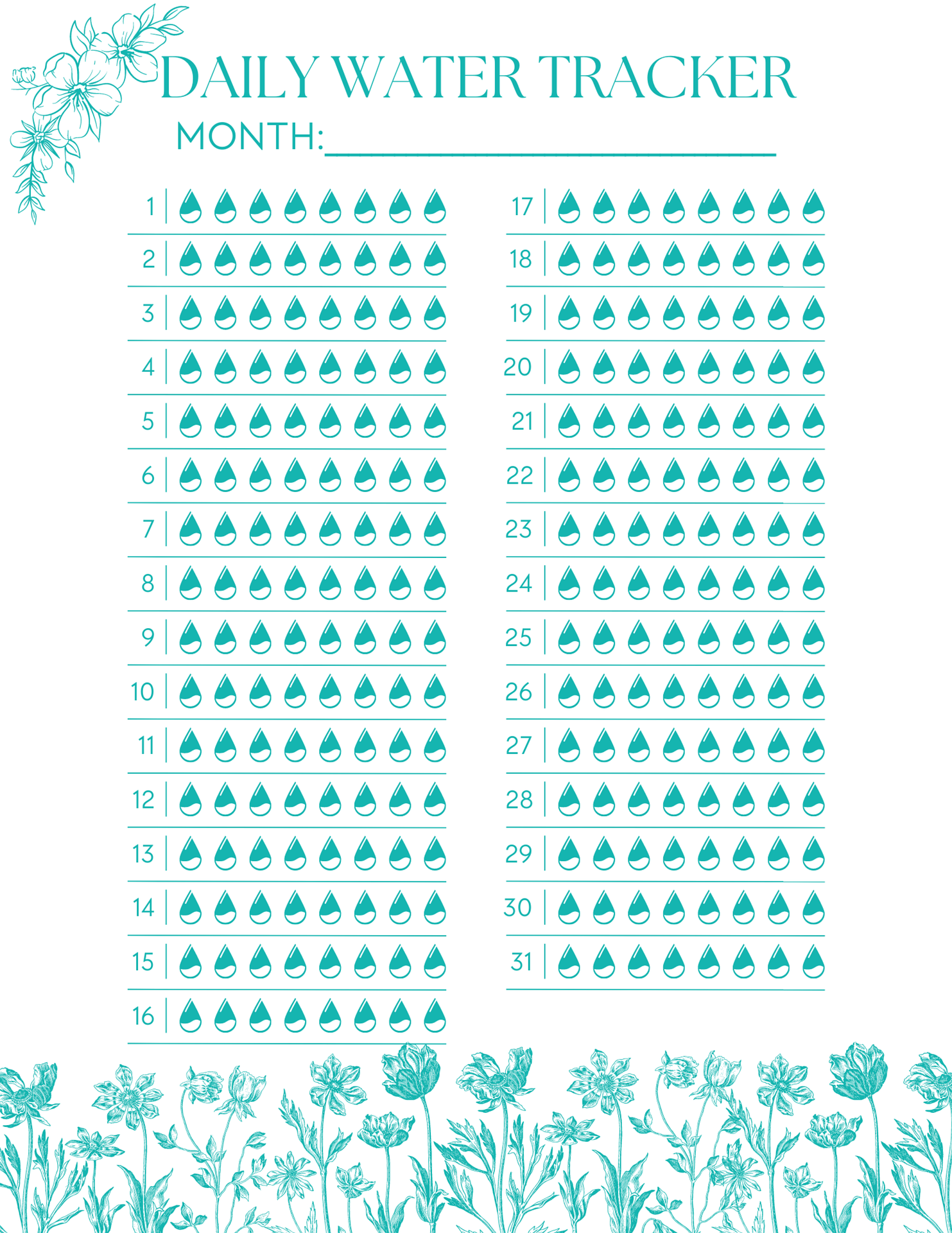
Pause for a moment and think about how many times daily life pulls energy in a hundred directions. Your mind races, your body tenses, and simple joys slip unnoticed through busy hands. What if restoring balance didn’t require huge life changes or expensive tools but small, honest rituals that fit right where you are?
As you read on, you’ll find help for slowing down and reconnecting with yourself. Each of the rituals invites a deeper exhale. Consider them invitations to reclaim small corners of your day just for you. Lean into the idea that caring for yourself can feel easy, even delightful. Stay curious, and let each practice remind you that balance lives not far away but right here.
Morning Sunlight Reset

Start your day by stepping into natural light. Morning sunlight supports healthy circadian rhythms and boosts serotonin. Just ten minutes near a sunny window improves your mood and sets your body clock right. Try it daily—your bones and focus will thank you.
Five-Minute Stretch Breaks

Brief stretch sessions relieve muscle tightness and promote better circulation. They’re linked to a lower chance of repetitive injuries. Those who do it also enjoy higher energy levels and better focus, though effects can vary. Doing them requires no special equipment.
Digital Detox Hour

Unplugging helps reduce eye strain and calms mental fatigue, so schedule one screen-free hour daily. It also supports better sleep by cutting blue light exposure. Do it daily, and you’ll notice how much happier you feel. Plus, offline hobbies often feel more satisfying than constant scrolling.
Gratitude Journaling Ritual

Gratitude journaling lowers depression signs, raises optimism, and makes sleeping easier. Stress drops, too. Writing just three thankful thoughts daily has a real impact on mood. Many people choose to fill jars with folded notes over books, but either way, practicing this has also led to stronger relationships.
Herbal Tea Wind-Down

Sipping herbal tea every night relaxes the body. Chamomile or peppermint helps digestion and readies you for bed. This simple ritual lowers cortisol naturally. Also, there are different herbs for different sleep struggles, and many people around the world use tea moments as peaceful, mindful breaks.
Intentional Deep Breathing

Deep, steady breathing calms you fast. It lowers stress, blood pressure, and heart rate. Practicing five focused breaths also helps before public speaking, and some patterns wake up the body like a quick coffee hit, minus the caffeine. Athletes depend on this skill to stay sharp.
Solo Nature Walk

Japan’s forest bathing shows that calm is hiding in plain sight. A quiet path through trees is powerful. Nature walks clear mental clutter and renew focus. Trees give phytoncides that boost the body’s defense. Just 20 minutes of a nature walk melts tension.
Guided Power Nap

A brief nap, lasting 10 to 20 minutes, increases alertness without causing post-sleep grogginess. NASA pilots employ this strategy to maintain mission focus, and some companies even install nap pods to support their staff. It also restores cognitive function and supports memory retention. Creative thinking often rises immediately afterward.
Daily Hydration Tracker

Proper hydration is non-negotiable for metabolism and energy stability. Mild dehydration, on the other hand, can affect mood and sleep equally, and it’s possible to misread thirst as hunger. When intake is tracked, it helps prevent headaches and fatigue. You can also find smart bottles that assist by reminding users to drink.
Weekly Social Pause

Saying “no” helps you work better. Step back from social plans now and then. It eases burnout and keeps emotions steady. Alone time builds resilience, and introverts often thrive on quiet weekends. Some places host silent retreats lasting days for deep restoration.
Evening Candle Meditation

Candle meditation, also known as Trataka, directs visual focus to calm mental chatter. Gazing at a flame quiets thoughts and eases the nervous system. Many use scented candles for added relaxation benefits. Also, colored candles are sometimes chosen to enhance or adjust emotional states.
Music Mood Therapy

Listening to music reduces cortisol and boosts dopamine levels. Certain tempos regulate heart rate and breathing rhythm. Classical compositions support memory during learning, and fast songs can increase running performance by up to 15%. Singing activates broader brain regions compared to simply hearing a track.
Gentle Bedtime Yoga

Gentle yoga before sleep relaxes muscles and reduces tension. It effectively lowers adrenaline, promoting restful sleep. Just five minutes in a child’s pose can ease mental clutter. Also, Yoga Nidra, called “yogic sleep,” provides deep rest. Certain poses are also recommended for overnight digestion support.
Sunday Meal Prep Calm

Spend part of Sunday planning and prepping meals. Besides lowering weekday stress, it promotes healthy eating habits. Meal prepping saves 2–3 hours each week, and chopping veggies can calm a busy mind. Finally, bulk cooking cuts costs and food waste.
Screen-Free Dinner Time

Dining without screens improves digestion and supports mindful eating habits. Plus, family meals free from devices encourage stronger communication and bonding. In many cultures, mealtime is regarded as family time. Also, food is savored more deeply, and portions shrink when distractions like TV are removed.









